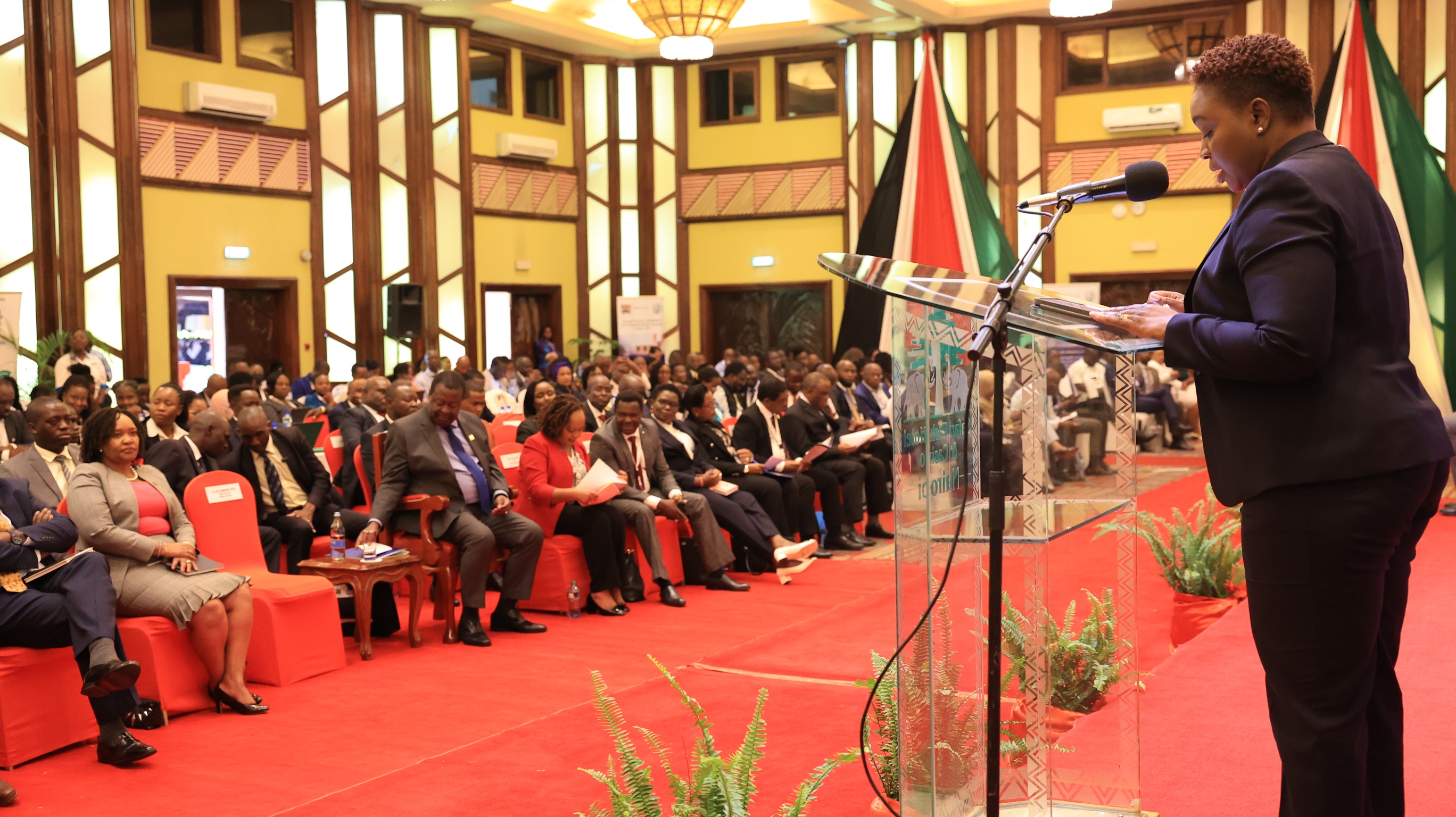Blogs

The highest attainable standard of health is one of the fundamental rights guaranteed by the International Covenant on Economic, Social, and Cultural Rights (ICESCR). According to the ICESCR, every person is entitled to this right by them being human. Both the African (Banjul) Charter on Human and Peoples’ Rights and the Universal Declaration of Human Rights also uphold this right. Therefore, it is incumbent upon governments to protect this right by offering citizens access to quality health care and services.
The Africa Health Strategy 2016–2030 posits that sustainable and predictable health financing mechanisms are essential to build viable health systems and are a critical ingredient for the achievement of universal health coverage (UHC). Directing adequate finances towards the health care sector is one of the biggest challenges facing the achievement of UHC in Kenya. Competing national development interests coupled with a depressed fiscal space made worse by the huge public debt, limit government financing of UHC through the tax revenue option.
Figures from the 2023 Controller of Budget has Kenya’s public and publicly guaranteed debt in nominal terms at Kshs.10.2 trillion, which is above the statutory public debt limit of KShs.10 trillion set forth in the Public Finance Management Act 2022. Interest payment on public sector debts, pension and net lending is estimated to cost Kshs.986.2 billion, equivalent of 27% of the total government budget in the financial year 2023/24. This is the highest single charge on the budget during the fiscal year. The debt payment has crowded out the social sectors such as health which was allocated Kshs.141.2 billion, representing 11% of the country’s 2023/24 national budget, and falling short of the 15% commitment set out in the 2001 Abuja Declaration.
Primary health care is a devolved function and a key driver to achieving UHC. However, in the current financial year, the county governments have been allocated Kshs.385.4 billion as part of the total revenues raised nationally. While counties have allocated an average of 29% of their budget to health, the timeliness of disbursements and adequacy of funds have remained a challenge, and this has always impacted the delivery of health care services at the subnational units.
A 2023 cost benefit analysis study by Daniel Mwai et al., finds investment in primary health care (PHC) a value for money initiative. The study, “Investment case for primary health care in low- and middle-income countries: A case study of Kenya,” found out that every $1 invested in PHC interventions save up to $16 in spending on conditions like stunting, non-communicable diseases, anaemia, TB, malaria, and maternal and child health morbidity.
However, despite the enormous benefits of investing in PHC, in comparison to the rate of population growth, the expansion of the health infrastructure has been slow at levels 1, 2, and 3, hence congesting level 4 and referral facilities. The slow expansion has been brought about by inadequate resources directed towards the sector. Shortage of medical facilities, tools and materials in hospitals has become the order of the day. Workers’ boycotts and some choosing to leave the public service in favour of lucrative prospects in the private sector and abroad, have recently plagued the sector. A situation that has immensely jeopardised the delivery of health care. The large amounts of money going into debt servicing is therefore worrying, especially when it is not clearly documented how much of these debts actually go into the health sector. Save for specific infrastructural projects and recurrent expenditures, Controller of Budget and Auditor General reports provide no information on portion of borrowed amount is directed towards supporting the health care sector.
Collaborative efforts between the government and civil society are essential to find innovative solutions to strengthen fiscal discipline, enhance revenue generation, and streamline debt management. In addition, constitutional independent bodies, like the Auditor General, Ethics and Anti-Corruption Commission and the criminal justice system, should have their antenna high to ensure greater accountability and transparency for the resources to be allocated and spent judiciously.
The burden of servicing public debt has placed a severe strain on available resources, hindering the allocation of adequate funds to the health sector. The urgency of addressing this issue cannot be overstated, given that quality health care remains an essential cornerstone of societal well-being. The barriers to progress in health care financing must be overcome, and investments in PHC need to be prioritised to optimise cost-effectiveness. It is imperative that the government, in collaboration with partners, work diligently to ensure the right to health is not just a promise but a tangible reality for all citizens, regardless of the fiscal challenges the country is facing.

